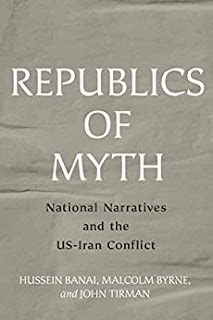In a first post-colonial critical approach on the Western standards of beauty within the German intellectual realm, from a multi-disciplinary perspective, Hässlichkeit (Ugliness, in my free translation) by Afghani-German artist and essayist Moshtari Hilal is an important contribution to the discourse on power games within the beauty industry.
What do we have in mind when we, as women, we are looking ourselves into the mirror? What do we see there? And, more specifically, who do we see there? In most cases, there are some given society standards and expectations that we take into consideration. We see ourselves and the other through those mindsets and we want to emulate in order to not disappoint, to feel desired and desirable, also from a social point of view. It is also a personal account of the reconciliation with the own body, reclaiming the own identity and unicity.
Moshtari´s journey through the perceptions and representations of the body in the Western culture - documented with philosophical, artistic and anthropological sources - reveals the mechanisms of acception and rejection, mediated by the body representation. The author is reflecting on her - and her family - direct experiences in perceiving the feminine body in the Western/White/European realm.
There are many topics that may have deserved an extended and relatively more in-depth analysis, including in the larger context of the beauty industry, such as the case of beauty surgeries explicitly about the illusion of extended youth - but this book is definitely a great start if you want to evaluate the beauty standards from an ethnic/minority-focused perspective.
Delightfully, the book also contains illustrations - graphic and photography - by the author, an example of how this type of intellectual writing can be done in an artistically creative way.
Rating: 4 stars












